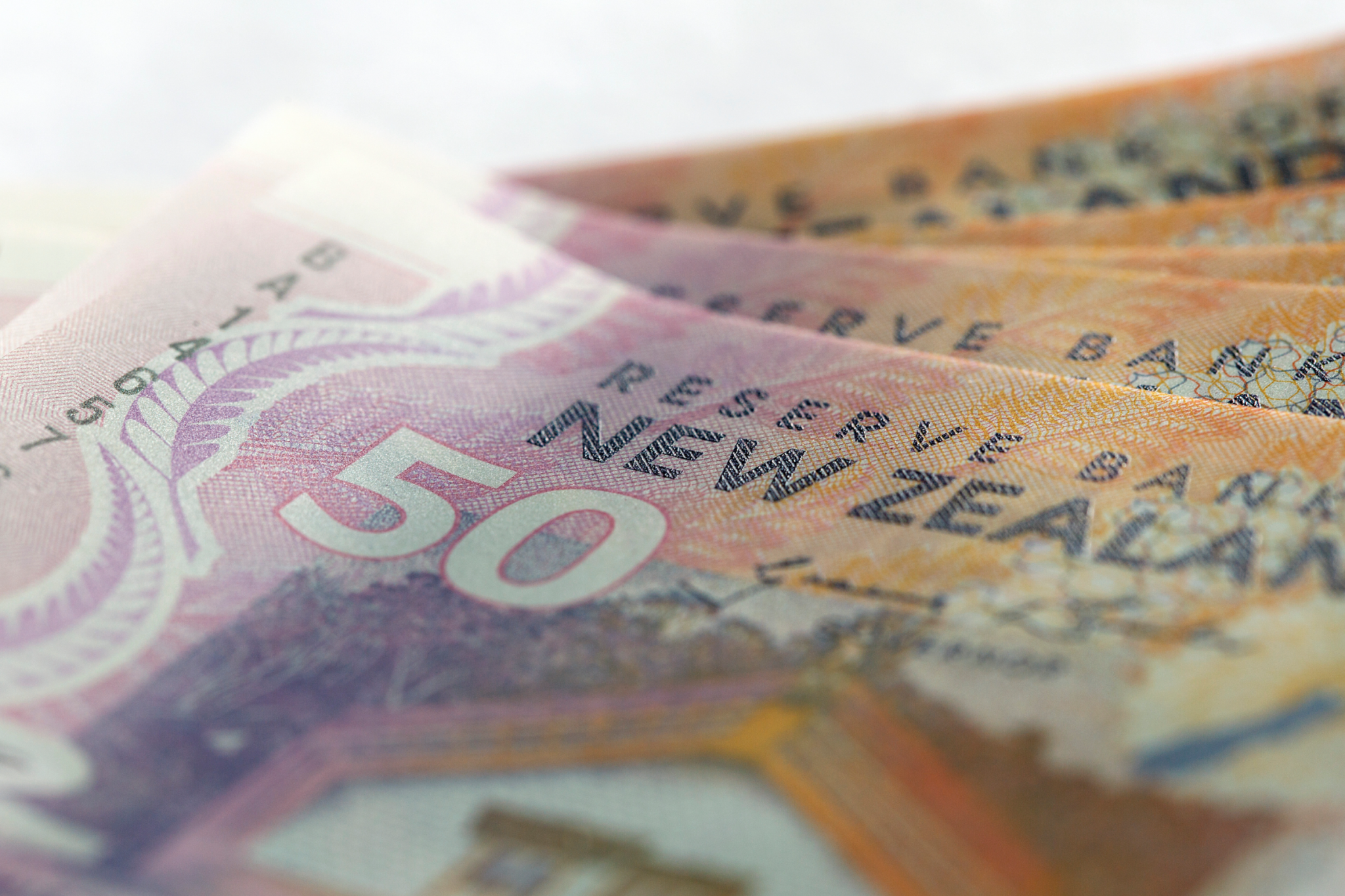New Zealand’s minimum wage sees historic increase

New Zealand’s minimum wage has increased from NZ$21.20 (US$13.26) to NZ$22.70 (US$14.20), which represents the largest hike on record. According to the New Zealand Council of Trade Unions (NZCTU), the increase will positively impact approximately 223,000 people, lifting the incomes of the lowest-paid employees by an estimated NZ$350 million (US$218.9 million) per year.
Richard Wagstaff, President of NZCTU, highlighted how an employee on 40 hours a week would benefit by earning an additional NZ$3,078 (US$1,925.60) a year, or NZ$59 (US$36.91) a week. He added, “The minimum wage has increased around the same rate as inflation at 7%, which will offer some relief to our lowest income families and communities during the current cost-of-living crisis.”
Wagstaff elaboorated that raising the minimum wage was a better option than cutting taxes, and explained, “This increase is 27 times more than a minimum wage employee would get from National’s proposed tax cut of NZ$2.15 (US$1.35) a week.
READ: Employee retention a priority for organisations in New Zealand
“Our best economic evidence also shows that increases in the minimum wage do not contribute to higher inflation or unemployment. Credible estimates put the likely increase in inflation from the minimum wage life at around 0.1%. This is simply a good policy. We have huge numbers of working poor in New Zealand whose lives will be made easier by this change.”



